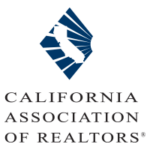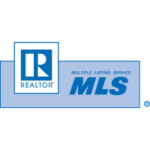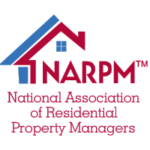The Fair Housing Act is a law signed by President Johnson aimed to eliminate housing discrimination. As a landlord, you need to know this law and you need to keep up with the changes that are made to it from year to year. It has become even stricter and more inclusive since it was signed in 1968, and housing authorities take its enforcement seriously.
Fair Housing Act: Protected Classes
The Fair Housing Act prevents discrimination against seven specific groups of people, which are legally referred to as protected classes. In short, this means you cannot deny housing to someone based on:
- Race
- Color
- Religion
- Disability
- Sex
- Familial Status
- National Origin
Rental Procedures and Fair Housing
Most landlords who violate fair housing rules do not intentionally discriminate against someone. But, their actions can be seen as discriminatory. In your advertising, for example, you cannot say your loft is “perfect for single professionals.” Another way to get into trouble is by not being consistent with your policies and procedures. If you don’t charge one tenant a late fee when rent is late but you do charge another tenant a late fee, it can be seen as discrimination. You must be consistent and you must communicate with language that does not seem to target one specific class of people.
Interpretations and Changes to the Fair Housing Act
 In 2017, a federal court said that sexual orientation and gender identity are included in the protected classes when it comes to fair housing. Disparate impact is also something you’ll need to know about when you’re screening tenants. It refers to the discrimination that often happens against protected classes more than others. For example, if you say you will not allow anyone to rent from you who has a criminal background of any kind, you could be unfairly eliminating a large part of certain populations from being eligible to rent your property. You’ll need to be more specific, and update your rental criteria to say you won’t allow anyone who has been convicted of a felony in the last seven years, for example.
In 2017, a federal court said that sexual orientation and gender identity are included in the protected classes when it comes to fair housing. Disparate impact is also something you’ll need to know about when you’re screening tenants. It refers to the discrimination that often happens against protected classes more than others. For example, if you say you will not allow anyone to rent from you who has a criminal background of any kind, you could be unfairly eliminating a large part of certain populations from being eligible to rent your property. You’ll need to be more specific, and update your rental criteria to say you won’t allow anyone who has been convicted of a felony in the last seven years, for example.
These are a few of the important things you need to know about fair housing. The most important thing to do is to document everything and be fair and consistent. Treat every applicant and tenant the same. If you need help with fair housing or any of the issues surrounding it, don’t hesitate to contact us at Glendale Property Management.








